Sir Lewis Hamilton will race for Mercedes-AMG for the final time at today's Abu Dhabi grand prix (8 December), bringing to an end one of the longest-running and most successful tenures in the sport's history.
As the seven-time world champion begins brushing up on his Italian and packing his bags for a new era in Maranello, we're looking back at our exclusive interview with Hamilton from 2021, when he won the Autocar Editor's award, for an individual who has had outstanding success personally or for their company.
In our wide-reaching conversation, Hamilton recounts his journey from the kart track to the F1 grid, considers the shape of modern motorsport and discusses his work – on- and off-track – to promote diversity and inclusion in all walks of life.
The following story is taken from the 9 June 2021 edition of Autocar
In the last scene of season three of Netflix’s fly-on-wall series Formula 1: The Drive to Survive, we see a news reporter interviewing a young Lewis Hamilton. “As Lewis began to win, the fact that he was the only black face on the grid became an issue,” says the reporter.
Hamilton is not talking about all the success he is having but instead about the racist abuse he has experienced while karting. “In the past years, I’ve had racist names called to me but lately anybody that’s said anything to me I just ignore them,” says a young Lewis.
It cuts to his dad, Anthony. “We don’t get involved with people who have problems about whether we win or what colour we are,” he says. “We go out on our track and do our best.”
The footage is heartbreaking. Here’s a young boy doing what he loves, with a dream to get to Formula 1 and maybe one day be world champion, but while having to face discrimination and be grilled about it. No ‘How are you finding your karting?’ questions, just ‘What’s it like to be abused for the colour of your skin?’
“I was just eight years old,” says a 36-year-old Hamilton reflecting on the report, now talking as a seven-time Formula 1 world champion. “For someone to look down at a young eight-year-old and tell them they’re not going to achieve anything in life, they must be in a really bad place.
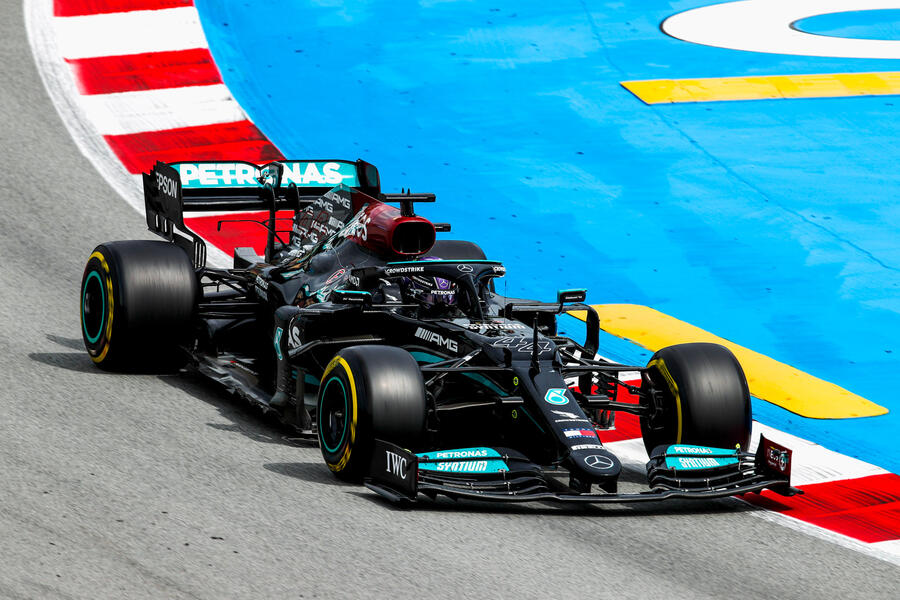
In May last year, 46-year-old black American George Floyd was murdered by a white policeman in Minnesota. The shocking footage was seen by the world and ushered in a global anti-racism movement – one of the most vocal leaders of which was Lewis Hamilton.

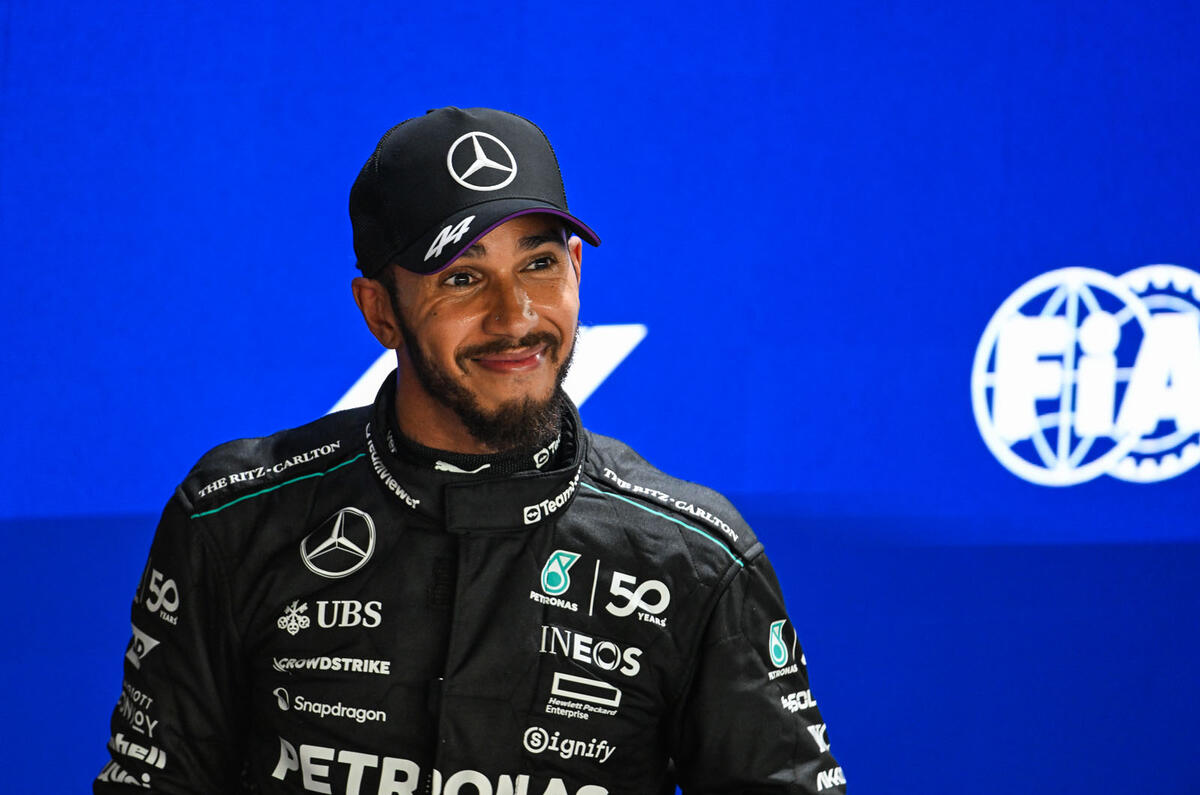

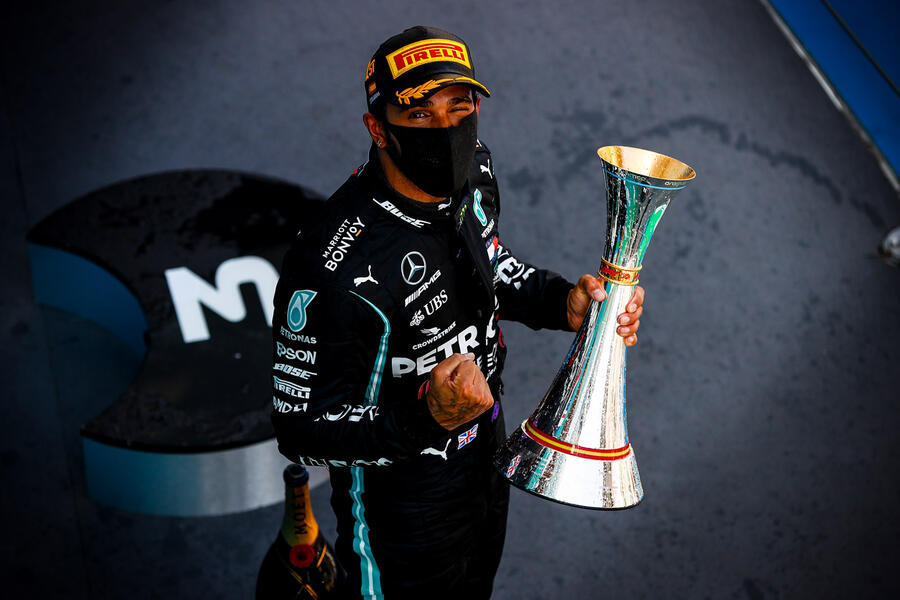
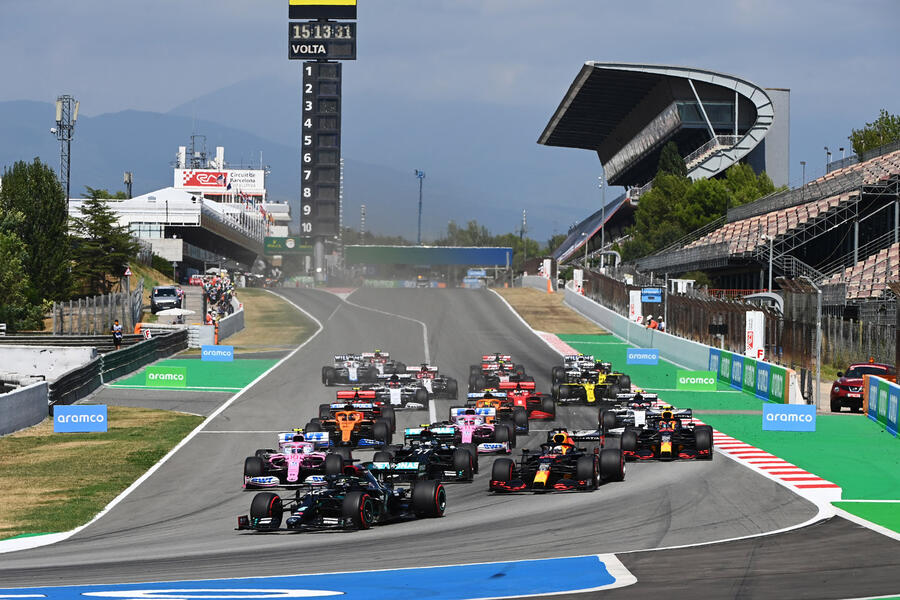
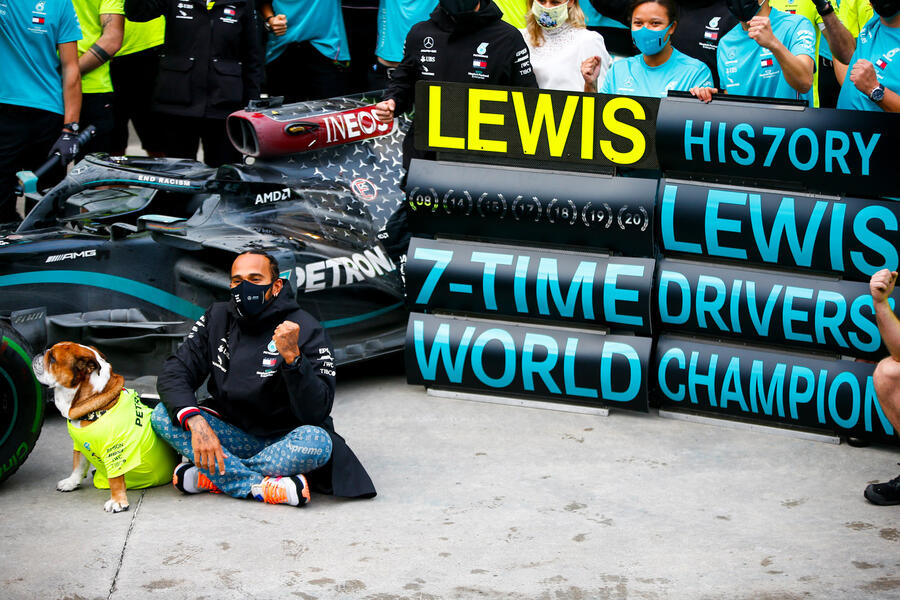
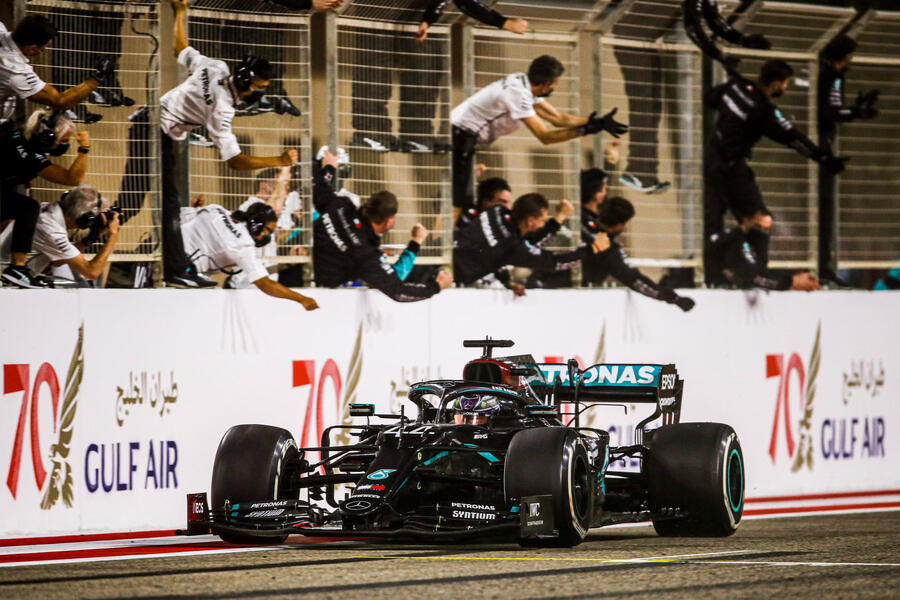






Join the debate
Add your comment
There comes a time when what with rule changes and other teams catching up and passing the top team that your no longer in thee car thee team, so you look back at your achievements,your illustrious career and think,maybe it's time for a move, I guess Hamilton has always had a secret passion to drive for Ferrari and this season especially has kind of pushed him towards it, a final season or two with Ferrari and then into social politics championing BLM, anyway, he's one of the best drivers of all time, not the best, you can never say so n so is better than any other top drivers of the past.
Hamilton is an obvious choice for his award given his driving success. But adding to the award for support of BLM shows Autocar's illinformed decision to enter into the world of identity politics....."Hamilton has become an advocate for causes such....the Black Lives Matter movement"...you really need to do your digging into what BLM actually stands for combined with Hamilton's clear hypocrisy over the WW2 Jewish slavery that Mercedes-Benz and Hugo Boss were involved with. What you're saying - maybe not intentionally - is black slavery is wrong but Jewish slavery (that happened far more recently) is OK. That's a racist message. You need to think this through....
@Folsom and there you go, haters are gonna hate. Hero, always was always will be.